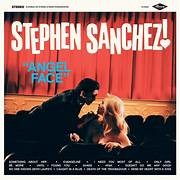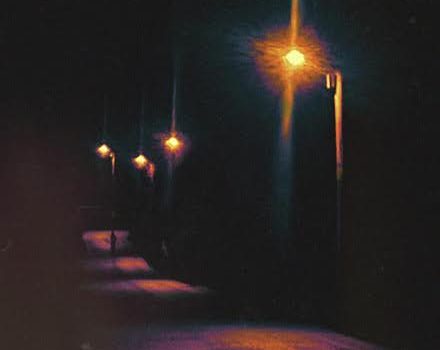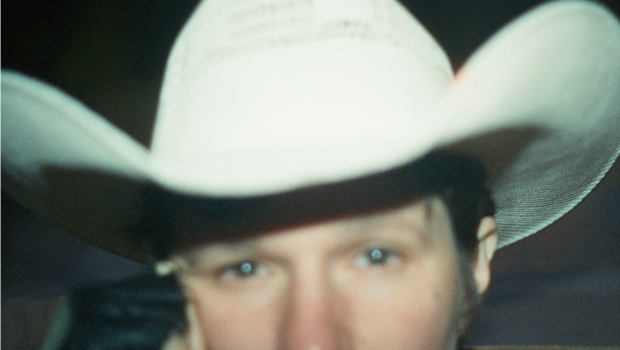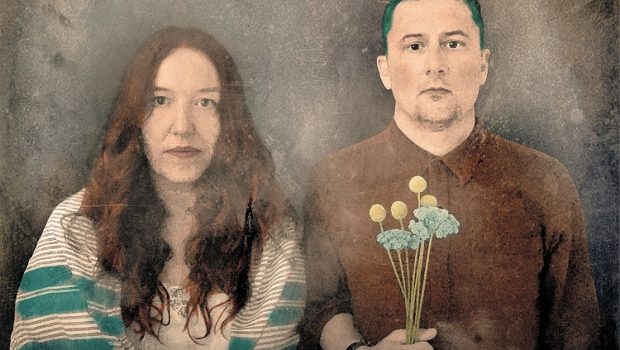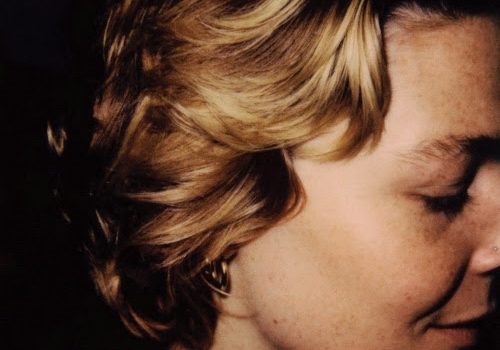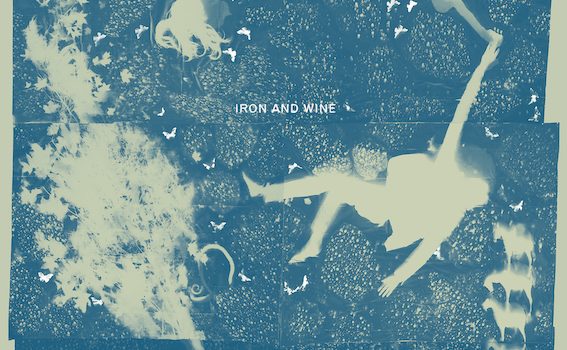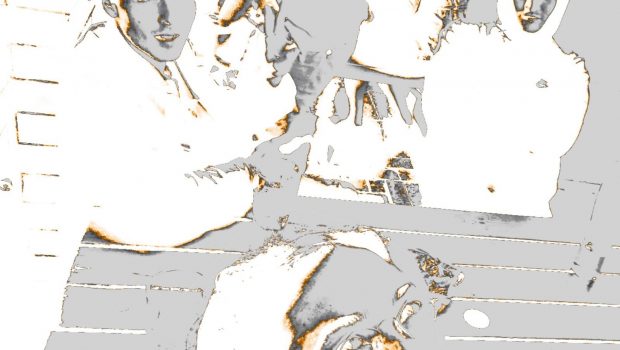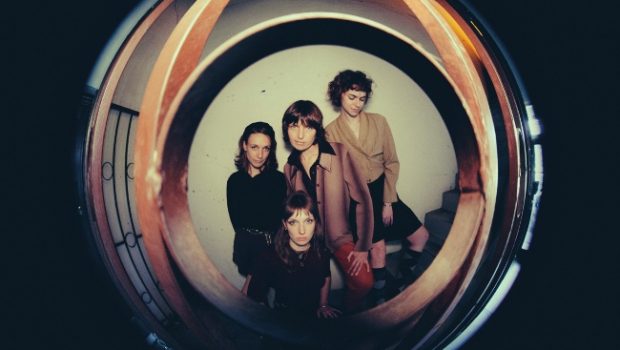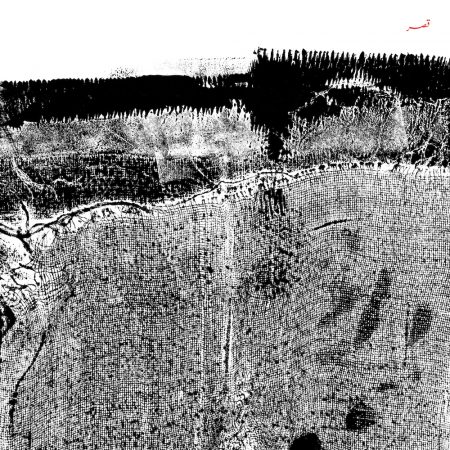 ‘Qasr’ is a difficult record to categorise. It reflects how migration and flux can lead to the integration of sounds that create fresh hybrids. Sheherazaad was born into a musical Asian-American household to parents who were band members and a grandmother who was an Indian classical music producer. Having absorbed the portfolios of Lata Mangeshkar and RD Burman at home and begun formal training in jazz and the American songbook from the age of six, disillusionment with English as an expressive language set in, especially after she became aware of British colonial history.
‘Qasr’ is a difficult record to categorise. It reflects how migration and flux can lead to the integration of sounds that create fresh hybrids. Sheherazaad was born into a musical Asian-American household to parents who were band members and a grandmother who was an Indian classical music producer. Having absorbed the portfolios of Lata Mangeshkar and RD Burman at home and begun formal training in jazz and the American songbook from the age of six, disillusionment with English as an expressive language set in, especially after she became aware of British colonial history.
Frustrated that the music of her origins did not exist, she set herself the task of making it. She relocated to California and worked with Hindustani classical guru Madhuvanti Bhide, who helped Sheher reshape her old voice, using “gharana” methodology. She also taught herself Hindi, Urdu and Arabic before writing test lyrics. Getting together with acclaimed Pakistani experimental musician Arooj Aftab who produced ‘Qasr’, they have crafted a compelling set of songs with a cast of international musicianship including Basma Edrees (Egypt), Gilbert Mansour (Lebanon), and Firas Zreik (Palestine).
The record’s title translates as ‘castle’ or ‘fortress’ from Urdu. Sheherazaad comes from Hindi and Urdu meaning ‘free city’ while the name pays tribute to Scheherazade from the epic folk tales, ‘One Thousand and One Nights’, whose storytelling prowess brings an end to genocide against women. It feels an apt reference as each of ‘Qasr’’s episodes have great atmosphere while the translations reveal a storytelling gift. Even the record’s duration does not fit conventional forms, its five songs and 23-minute length being too expansive for an EP yet too brief for an album.
‘Mashoor’ (Famous) gives ‘Qasr’ a dramatic entrance with its imposing classical guitar and a flamenco twist from Ria Modak. The song ruminates on the pitfalls of society’s obsession with fame, Sheherazaad’s voice sounding fluid and sensitive. ‘Dhunde Lo Muhje’ (Search for Me) is propelled by pizzicato fiddles to create an Asian take on gypsy jazz. Her vocals are dramatic and expressive, conjuring an immigrant experience that she perceives as a carnival of the unhappy.
‘Koshish’ (Try) is a meditation upon aging that pays homage to her Californian upbringing. It is the most western pop rock sounding track with menacing surf guitar but the tones produced by an Oud and her part whispered, wandering voice creates a special atmosphere. In contrast, the neo-classical ballad ‘Khatam’ (Finished) uses harmonised voices to bring great emotion to a tale of a woman travelling through epochs, experiencing clashes of civilisations and apocalypse.
‘Lehja’ (related to language and speaking style) provides a particularly mysterious ending to ‘Qasr’ in which she brings to life a mythical city that she calls ‘Sheher’ and examines the turmoil of fighting to retain disappearing ancestral languages. The song has a foreboding air and concludes in a refrain of ‘azaadi’, a chant that serves as a call for freedom throughout much of South and Southwest Asia.
Ultimately, ‘Qasr’ is a unique record, offering a thrilling array of sounds that do not fit into any niche and blessed with gorgeously emotive vocals.
Sheherazaad: Qasr – Out 1st March 2024 (Erased Tapes)



